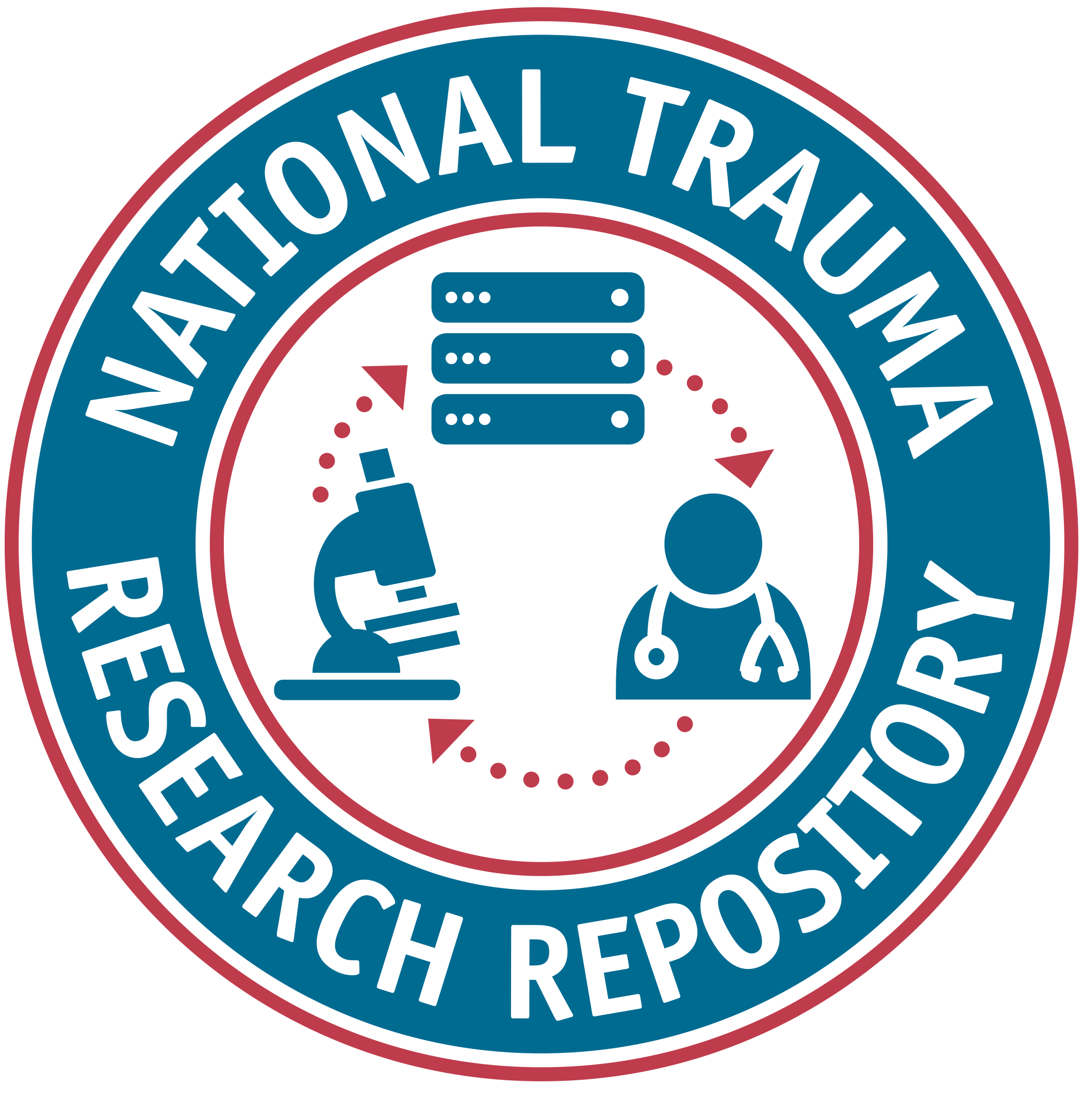Listed below are the details for the data element.
FITBIR
1.0
Element Type
Common Data Element
NIH Toolbox Emotion Domain Anger Parent Report 8 to 12 - Impatient scale
NIHTBAPR8to12ImpatientScl
Short Description
Scale of parent report for the statement: My child gets very impatient if he/she has to wait for something,as part of the NIH Toolbox Emotion Battery Anger Parent Report children ages 8-12
Definition
Scale of parent report for the statement: My child gets very impatient if he/she has to wait for something,as part of the NIH Toolbox Emotion Battery Anger Parent Report children ages 8-12
Notes
Creation Date
2016-06-17
Historical Notes
References
For more information on scoring, please refer to the NIH Toolbox Scoring and Interpretation Guide: http://www.nihtoolbox.org/WhatAndWhy/Scoring%20Manual/NIH%20Toolbox%20Scoring%20and%20Interpretation%20Manual%209-27 12.pdf Steele RG, Legerski JP, Nelson TD, Phipps S. Pediatr Psychol. 2009 Jan-Feb;34(1):51-62. The Anger Expression Scale for Children: initial validation among healthy children and children with cancer.
Data Type
Alphanumeric
Input Restrictions
Single Pre-Defined Value Selected
Population
Pediatric
Guidelines/Instructions
The NIH Toolbox Anger Survey is a self-report measure for ages 8-17 as well as a parent-report measure for ages 3-12. It assesses angry mood and aggression (verbal and physical). The self-report version is a 6-item fixed length form; the parent-report version for ages 8 to 12 uses a CAT format; and the parent-report version for ages 3 to 7 is a 9-item fixed length form. For the self-report version, each item administered has a 5-point scale with options ranging from never toalmost always. The parent-report CAT for ages 8 to 12 utilizes a 4-point scale ranging fromalmost never' toalmost always, while the parent-report version for ages 3 to 7 has a 3-point scale, ranging from never or not true to often or very true. Higher scores are indicative of more child anger.
Preferred Question Text
Choose the answer that best describes your child, or shows how your child usually feels: My child gets very impatient if he/she has to wait for something.
Category Groups and Classifications
| Disease | Domain | Sub-Domain |
|---|---|---|
| Traumatic Brain Injury | Outcomes and End Points | Psychiatric and Psychological Status |
| General (For all diseases) | Outcomes and End Points | Other Clinical Data |
Classification
Traumatic Brain Injury:
Supplemental
Acute Hospitalized
Concussion/Mild TBI
Epidemiology
Moderate/Severe TBI: Rehabilitation
General (For all diseases):
Supplemental
Keywords
EmotionBattery
NIHToolbox
Anger
Labels





